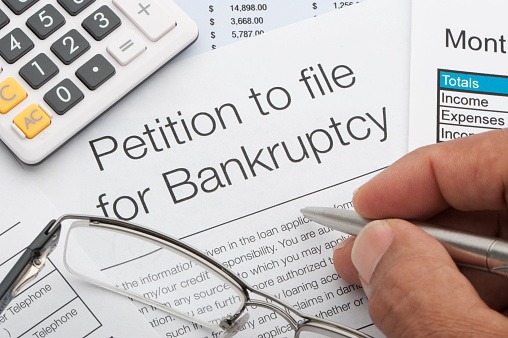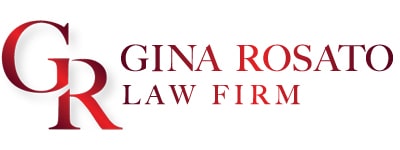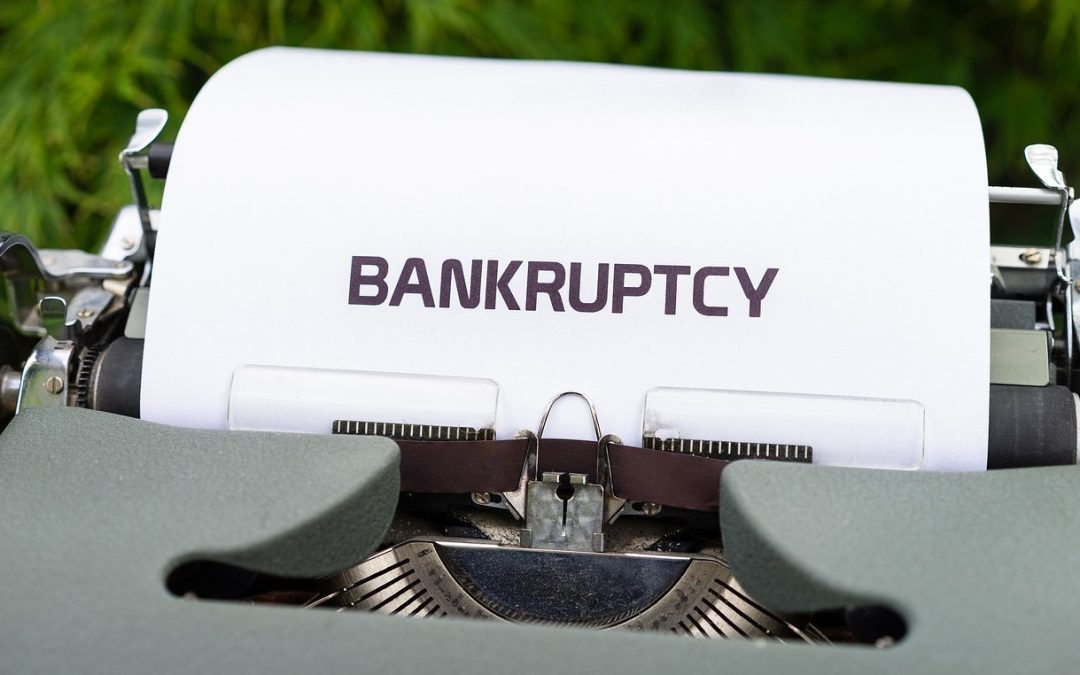
Does the Chapter 13 trustee negotiate my debts?
A Chapter 13 does not negotiate your debts. When you file a Chapter 13 bankruptcy, your creditors get notified as part of the process. The creditors have 9 weeks to file a claim.
If they do not file a claim, they don’t get paid any distribution and that debt still gets discharged. You do not necessarily pay 100% of your debt back in a Chapter 13 bankruptcy. The amount of the payment is based on your income and expenses. They look at your gross income, the payroll deductions, and the disposable income in your budget.
There is another basis for determining your payment called the means test which uses some of your actual expenses, while other expenses are compared to the IRS guidelines for your household size and county where you live. For example, it would list what the food budget should be for a household size for four people living in Hillsborough County.
The means test will arrive at an amount of what you would need to pay to your unsecured creditors during your Chapter 13 plan. The amount of the plan is not discretionary, it’s not negotiated, rather there is a precise formula for determining the payment.
You want to be sure to capture and account for all of your expenses to get your payment as low as possible. Whatever the amount, your creditors will receive a pro rata distribution which is paid monthly by the trustee and at the end of your plan the total amount of your debt is discharged.








